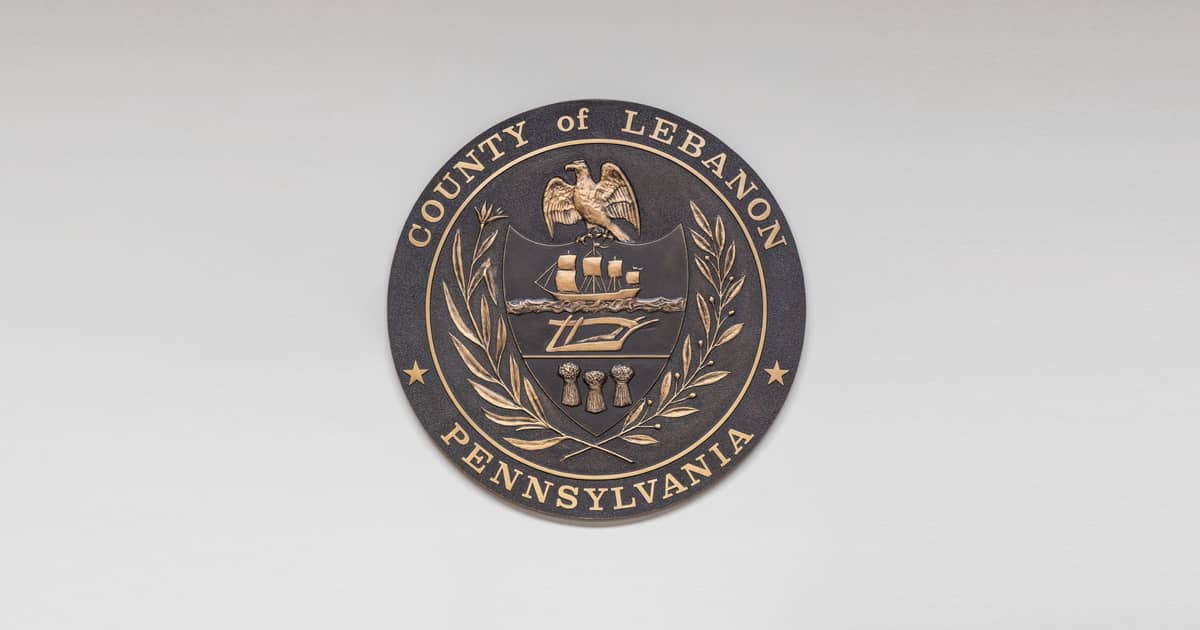Lebanon County is no longer towards the front of the pack when it comes to population growth across the state, according to the latest data from the U.S. Census Bureau.
Back in 2019, Lebanon had claim to being Pennsylvania’s fastest growing county, with a 1.3% population increase from 2017 to 2018. Over the eight years from 2010 to 2018, Lebanon County had seen 5.8% population growth, with thousands of net new residents.
Read More: Lebanon was Pennsylvania’s fastest growing county last year
According to the latest data from the U.S. Census Bureau, Lebanon County saw 0.70% growth between 2020 and 2023, growing in population from 143,253 to 144,252, or just under 1,000 net new residents.
Map by Lancaster Newspapers1
Statewide, the commonwealth saw a 0.32% decline in population over that same period, or a net loss of 41,105 residents. Lebanon County was one of 23 counties that saw a population increase over 2020-23, out of 67 total counties.
Lancaster County’s population grew 1.01% over those three years, from 552,989 to 558,589, and with 5,600 in net growth, Lancaster ended up as one of 12 counties that added at least 2,000 individuals since 2020.
Chester County added the most residents by gross figures with a 15,369 net population increase (2.88%), while the largest percentage increase was seen by Pike County with a 4.61%, or a 2,701 net residents, population increase from 58,574 to 61,247.
Berks and Dauphin counties grew more than Lebanon County during this period, with 0.93% (3,970) and 0.99% (2,832) population increases respectively.
| Berks County | 432,821 |
| Dauphin County | 289,234 |
| Lancaster County | 558,589 |
| Lebanon County | 144,252 |
| Schuylkill County | 143,786 |
Schuylkill County grew 0.51% over 2020-23, adding 730 net new residents.
With the exception of Butler County in the western part of the state, counties in southeast and south-central Pennsylvania continued to see the bulk of population growth, with notable exceptions being a slight decrease in Bucks County (-0.08% or -544 residents) and a more significant outflow in Philadelphia, which saw its population shrink 3.32% over the three-year period, a loss of 53,251 residents.
- Note: LNP’s map uses July 1, 2020, figures as the starting point, while our article uses Jan. 1, 2020, figures as the reference point. ↩︎
Questions about this story? Suggestions for a future LebTown article? Reach our newsroom using this contact form and we’ll do our best to get back to you.

Be part of Lebanon County’s story.
Cancel anytime.
Monthly Subscription
🌟 Annual Subscription
- Still no paywall!
- Fewer ads
- Exclusive events and emails
- All monthly benefits
- Most popular option
- Make a bigger impact
Already a member? Log in here to hide these messages
Quality local news takes time and resources. While LebTown is free to read, we rely on reader support to sustain our in-depth coverage of Lebanon County. Become a monthly or annual member to help us expand our reporting, or support our work with a one-time contribution. Cancel anytime.























